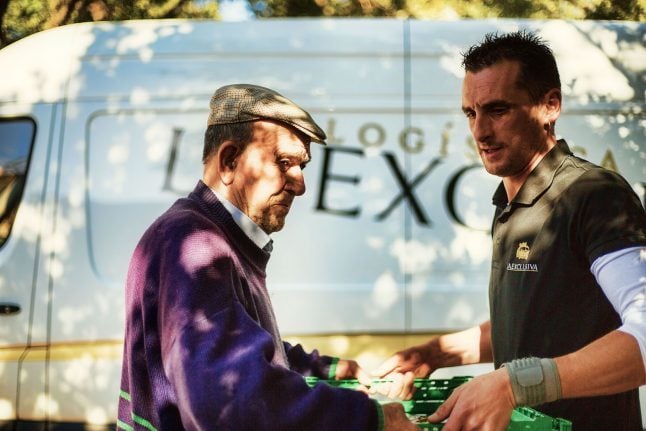INTERNET
No pledges from Sweden on email snooping
Norway has received no assurances from Sweden that it will not monitor and record the country's phone and internet traffic, despite a high-level meeting on Tuesday.
Published: 4 December 2013 13:15 CET

Demonstration in 2008 against the law allowing Sweden's Defence Radio Authority (FRA) to monitor internet and phone traffic - Henrik Ström
Norway's transport minister Ketil Solvik-Olsen on Tuesday met Catharina Elmsäter-Svärd, Sweden's minister for infrastructure, partly to air concerns raised by documents leaked by Edward Snowden, a former contractor to the US's National Security Agency.
"I expressed my concerns to the Swedish Minister. We do not like the idea that Sweden's defence authorities bug Norwegian data traffic," Solvik-Olsen told state broadcaster NRK.
But he said that he had received no pledge to end any monitoring activity.
"We should be cautious about making demands of other countries," Solvik-Olsen explained. "When things go too fast, you hit deadlocks. The important thing is to find practical solutions that support Norwegian needs better than today."
In 2008, Sweden brought in the FRA law, which gave the Swedish armed forces full access to Norwegian communications crossing the border into Sweden.
As almost all Norwegian internet traffic is routed through Sweden, this allows them to monitor almost all emails and web searches.
In 2012, Sweden's intelligence agency SAPO, and the Swedish police's National Criminal Investigation Service were also given access.
Url copied to clipboard!



 Please whitelist us to continue reading.
Please whitelist us to continue reading.
Member comments